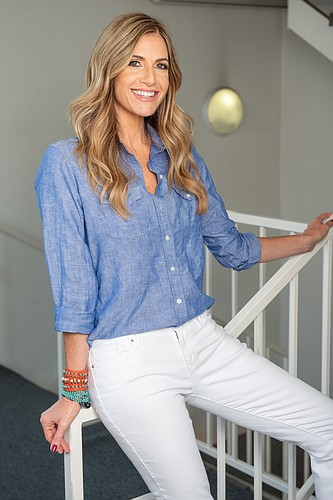- December 15, 2025
-
-
Loading

Loading

Sometimes a glass of wine is more than just a glass of wine. Sometimes it can spark a new business idea.
In the mid-2000s, Cristina Morara and her husband opened a wine bar in Sarasota. Soon customers naturally began talking to her about how they were having trouble meeting people and getting into a relationship.